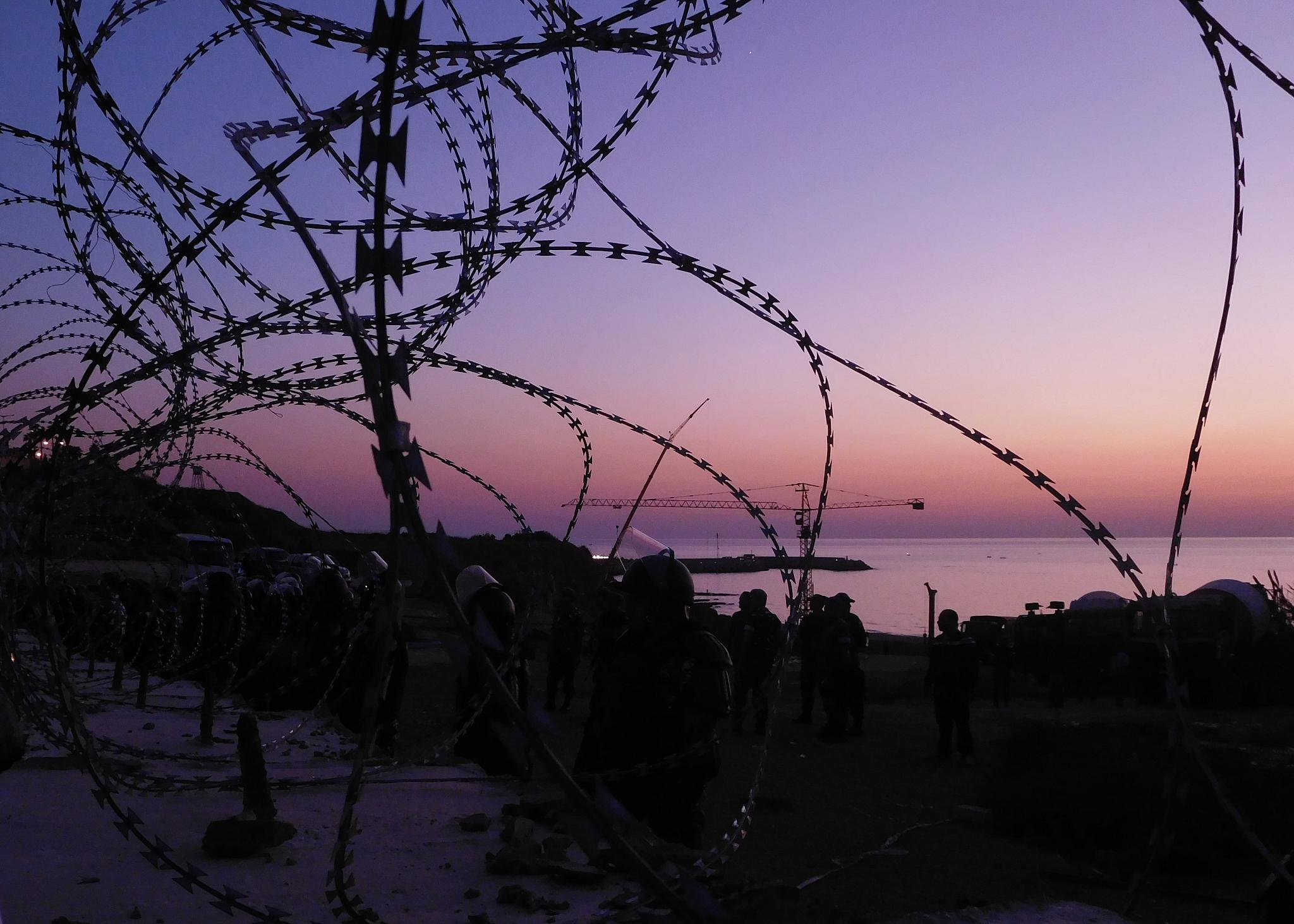Helene Kazan
Article
(De)Constructing Risk: The Weaponised and Commodified Home

The history of ‘risk’ is bound up with the history of colonisation; colonial merchants conceptualised risk, and with this the principle of insurance, as a mechanism for trading commodities across turbulent seas. This transformation of risk into a separate, commodified object engendered an unequal distribution of its effects through a colonial understanding of value in relation to human life and resource commodities. This practice-led PhD project analyses risk in Lebanon through a study of the homes and lives affected by a limit condition of mechanised conflict and capitalist ideals for profit-making introduced into the Arab region through British and French colonialism. I investigate the unfolding of this condition in the present through an analysis of international law, architecture, and the human experience of violence.
Spanning from the Second World War into the present, I demonstrate this limit condition of risk through two architectural typologies in Lebanon, each materialised through their potential destruction and development as the weaponised and commodified home: the Waad project, the redevelopment of homes in Haret Hreik in Beirut by Hizb-Allah following their destruction during the 2006 war with Israel; and yet-to-be-built luxury development projects across Beirut, which exist as life-sized architectural visualisations on hoardings that wrap construction sites.
The thesis also examines the subjective experience of living with a protracted limit condition of risk in Lebanon. Having been excluded from the law, the often chaotic account of violence, here framed as ‘poetic testimony’, finds a place in cultural production. This is analysed through the practical aspects of the PhD project, for example in ‘Points of Contact’, an exhibition I curated in Lebanon in 2018. Here I pose questions about the revolutionary potential of poetic testimony, as a method for breaking the asymmetric power relations entailed in a limit condition of risk.